Homeschool for Babies? Everything Your Little Should Know By Their 1st Birthday
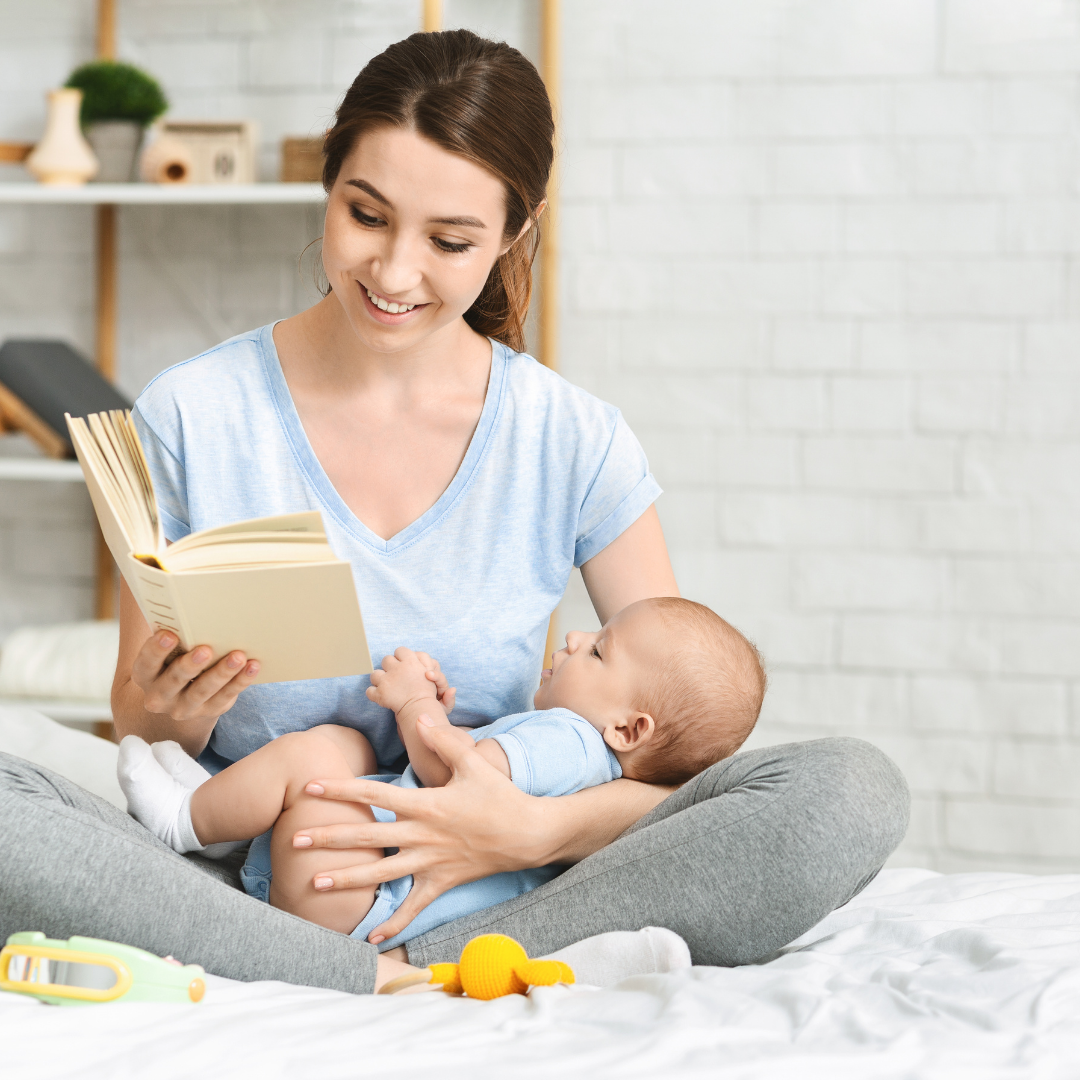
Homeschool for babies? That might sound unusual, but just like school-age children, even young infants have a “benchmark” that medical professionals like to see them hit. And regardless of if your child is in an early learning center or you are their sole caregiver, you can be their best teacher, encourager, and supporter in their growth.
As a parent, it can be worrisome if you feel your child is behind. You might have found yourself asking questions like:
“Does my baby say enough words?”
“Is he/she supposed to be walking yet?”
“Why does my friend’s 11-month-old use a regular cup, but mine only uses a sippy cup?”
However, commonly recognized one-year milestones—such as talking and walking—are not always accurate. Read on to learn what your baby should actually know before they turn one and how you can encourage their developmental growth.
Physical Milestones
Physical milestones* have to do with bodily movement and functions. Despite what you may have heard, walking is not on this list. Here’s what your child should know on a physical level before their first birthday:
• Can sit on his/her own
• Army crawl, scoot, or crawl on hands and knees
• Pulls up to stand and can take steps with or without support (furniture, holding mommy’s hands, etc.)
• Pick up finger foods
• Use or express interest in silverware and “big kid” cups
• Scribble with a crayon or marker
Mental Milestones
Mental milestones* refer to cognitive and language development. Here’s what your child should know on a mental level before their first birthday:
• Starts following simple directions and commands (examples: please sit down, pick up your toy, stop, etc.)
• Babbles and/or says a few words
• Waves
• Explores “play” in different ways (imaginary or even banging, throwing, etc.)
• Makes connections in books (example: points to a dog when you say “dog”)
• Can put items in and out of a container
Emotional Milestones
Emotional milestones* deal with social and emotional development. Here’s what your child should know on an emotional level before their first birthday:
• Demonstrates corresponding emotional reactions (laughs or smiles when happy, cries when mom or dad leaves, yells/screams if they drop a toy, etc.)
• Has favorite items (like a special toy) or people
• Has a “stranger danger” mentality
Whether you work inside or outside of the home, it can be manageable to help your little one grow physically, mentally, and emotionally. Here are a few pointers:
• Create a simple, customized schedule that works for you and your baby (Check out our method here).
• Lead by example. For older infants, you can demonstrate concepts like how to use a spoon, coloring, reading your own book while they flip through board book pages, and emphasizing/explaining emotions.
• Be mindful of ingredients your baby is consuming when introducing new food or products you use at home. Long-term research has suggested that certain harmful ingredients can hinder developmental growth. Just Ingredients is a great resource with simple home and food swaps if you need additional information.
• Above everything else, be patient and extend grace—to yourself and your baby.
No need to worry if your child doesn’t hit all these milestones before they turn 12 months. Many infant development professionals are firm believers in “every child is different.” If your baby is missing the mark on a few milestones, it’s likely he/she may just not be ready yet and are thriving in other areas. You can always talk to your pediatrician for peace of mind.
Don’t forget to subscribe to our CalmCo Newsletter for additional mom tips, big giveaways, product updates, and more!
*Physical, mental, and emotional milestones are recommendations from the CDC and Understood.org.
 Canada
Canada South Africa
South Africa UK
UK EU & Int
EU & Int Ireland
Ireland Australia
Australia Brazil
Brazil New Zealand
New Zealand



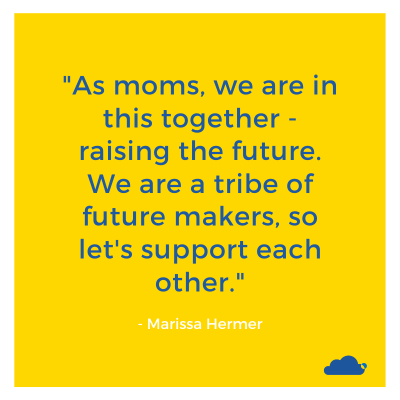
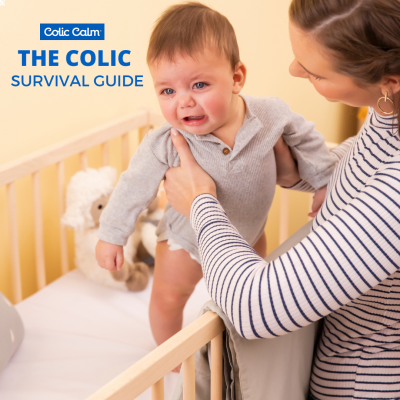

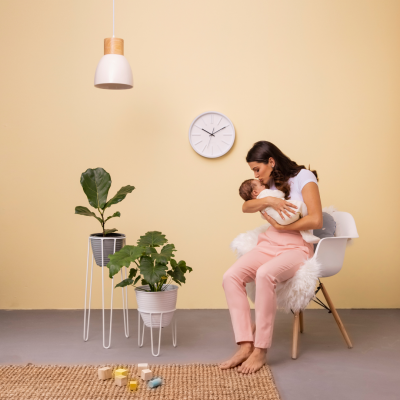
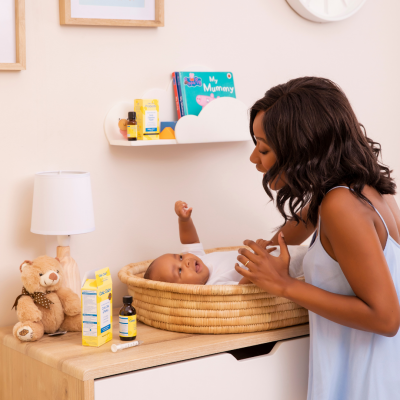
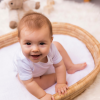
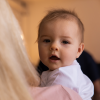
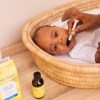
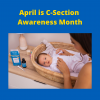
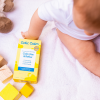



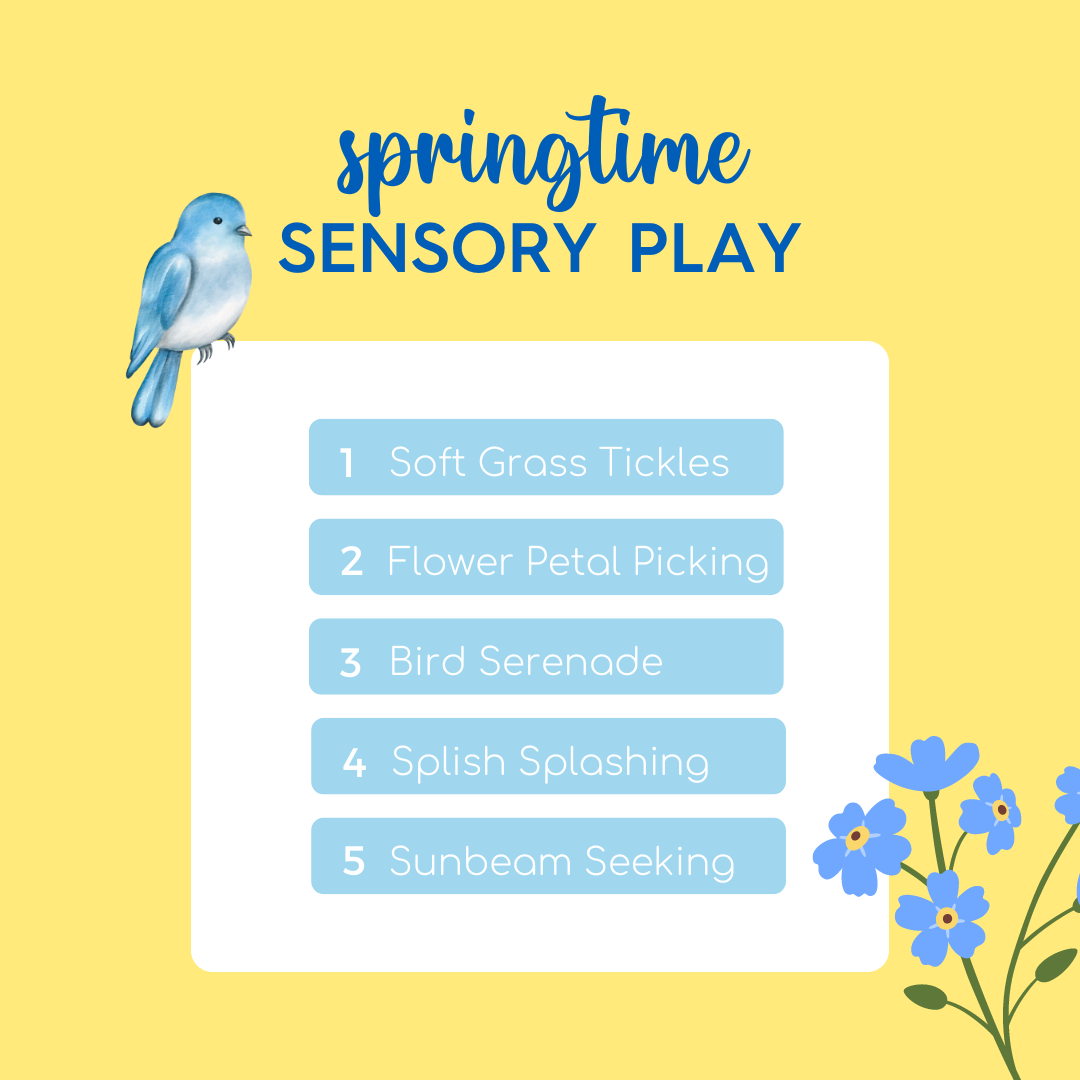
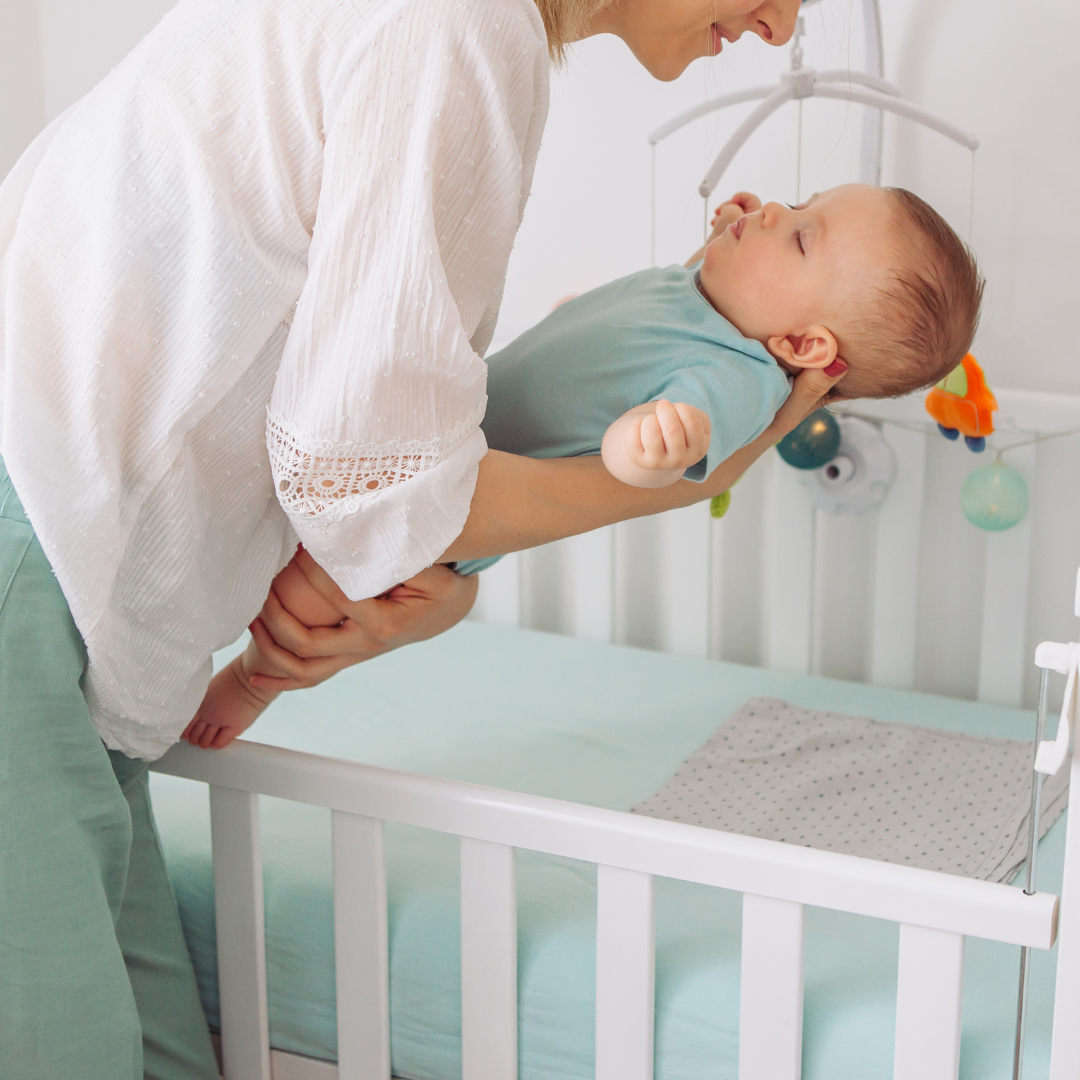
Comments